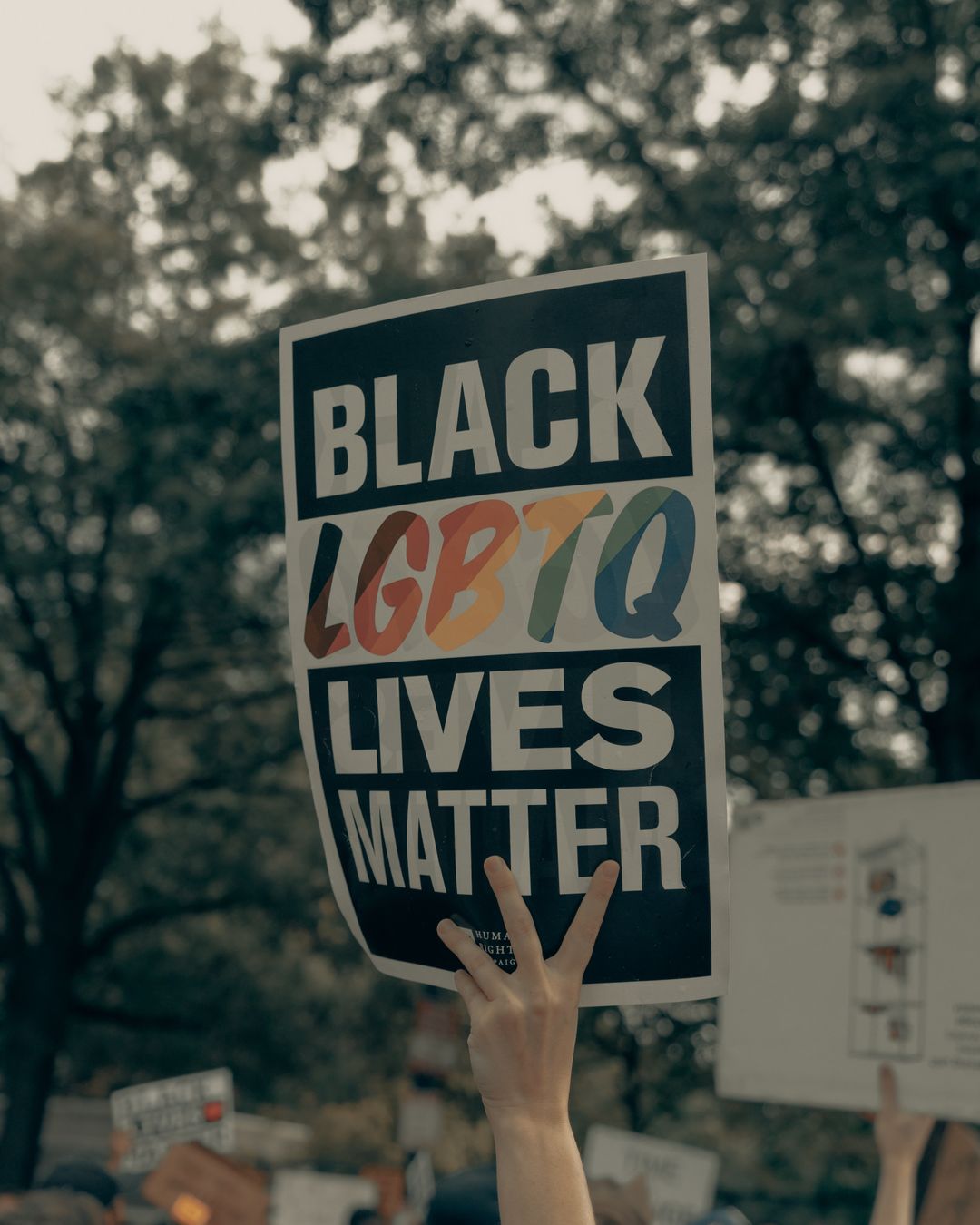To my LGBTQ+ family:
As Pride month kicks off, I find myself reflecting on the journey of the LGBTQ+ movement set against the backdrop of current events — the murder of George Floyd by Minneapolis police and the subsequent protests that sprung up around the world (which are still happening more than two weeks after Floyd was killed). New York hosted World Pride last year (June 2019), marking the 50th anniversary of the Stonewall Riots of 1969, the riots that started our movement.
To mark this momentous occasion, during the first half of 2019, social media was flooded with countless articles recounting the story of the Stonewall Riots. I was curious about what specific actions individuals took that kept pushing the narrative and kept building momentum.
The fight for equality for all members of the LGBTQ+ community is far from the finish line, but a lot has changed — especially within the last decade or so.
Let’s pause to remember why things changed between then and now:
- It required marches, protests, and demonstrations.
- It required your straight, LGBTQ+-friendly family member to open a dialogue with that one anti-LGBTQ+ uncle who ruined family holidays by saying something offensive or who repeatedly said off-the-cuff anti-gay things we so often brush off.
- It required more LGBTQ+ supporters to come out and share their experiences and support for their LGBTQ+ family member, coworker, or friend.
- It required parents to start teaching their own children that love is love and to respect those that are different from you.
- It required societal pressure on corporations to support their LGBTQ+ employees via expanded benefits and to support pro-LGBTQ legislation and political leaders.
- It required campaigning for (and voting for) political candidates and ballot measures that supported our cause.
- It required the donation of resources (time and money) to organizations that worked to advance our cause through policy advocacy and litigation — such as fighting against bans on LGBTQ+ adoption, fighting for stricter hate crime laws, fighting for healthcare coverage, fighting against discrimination from private businesses, fighting for protection from eviction by an anti-LGBTQ+ landlord, fighting for job protection, etc.
- It required our cis-gendered straight allies to listen to our stories in order to empathise so that they could better understand where we were coming from, so they, in turn, could be better advocates for our cause.
We needed them as part of our movement if we wanted to prevail. And we did. We’re not done yet, but it got better.
So, in that context, I suggest we learn from our own history and adapt what we’ve learned to the Black Lives Matter movement:
- Physically show up for the Black community for marches, protests, and demonstrations.
- If you have a family member who just doesn’t quite understand the anger behind the protests or who uses micro-aggressive behavior and/or language, open that dialogue with them.
- If you’ve been historically a silent condemner of the death of Black people at the hands of white police officers, come out and start vocalizing your support for the Black community.
- If you’re a parent, start teaching your children about the history and the complexities of race in America, to respect those that are different, and that Black Lives Matter.
- Hold corporations, both your own employer and those you give patronage to, accountable for how they handle internal diversity & inclusion programs, who they give campaign donations to, and whether they are lending their voice and resources to the fight.
- Support (and vote) for political leaders who are pushing for systemic change.
- Donate (time and/or money) to organizations that work to support the Black community through policy advocacy and litigation — such as fighting for equal opportunity for and access to education, fighting to improve food deserts, fighting to end disproportionately unfavorable financial agreements with financial institutions, fighting for better healthcare, fighting for equal employment opportunities, fighting for the removal of barriers that prevent them from exercising their right to vote, etc.
- Listen to their stories (past and present) and empathise so that you can better understand where they’re coming from — so that you, in turn, can be a better advocate.
The Black community needs us. Their movement needs to prevail. Their lives depend on it.
This list of suggested actions is not exhaustive and is not directed only to members of the LGBTQ+ community. I think they can apply universally to anyone wanting to take action to end systemic racism in America. And it’s not to say everyone needs to do all of these.
Pick those that resonate with you, or the ones you think can have a big impact, and start with those. But I’d also like to challenge you to pick an action or two that are outside your comfort zone.
I recently binge watched HBO’s We’re Here and one particular quote stuck with me. If you haven’t seen or heard of the show, here’s a 20 second pitch:
Three drag queens (Bob the Drag Queen, Eureka O’Hara, and Shangela Laquifa Wadley) visit a different small town in America each episode to help locals through difficult life issues they’re facing (be it raising one’s self confidence, grieving the suicide of a lesbian family member, an ex-anti-LGBTQ+ mother reconnecting with her LGBTQ+ daughter, etc.) through the art of drag. I highly recommend this show!
When they’re in the town of Ruston, Louisiana (population ~22,000 in 2018), they meet Stacy, a Black, straight, cis male firefighter who’s a staunch ally of the LGBTQ+ community. His reason for doing drag is to inspire other straight allies and to show his own support to the local LGBTQ+ community. He stated:
“I’m willing to step outside of my comfort zone to make other people feel welcome.”
That spoke to me. The idea of stepping outside of your comfort zone in order to help others. Maybe the idea of talking to your parents about race in America makes you uncomfortable. Maybe the idea of talking about race to children makes you uncomfortable. Maybe the idea of posting to social media your thoughts about the killing of George Floyd makes you uncomfortable. Maybe the idea of addressing and acknowledging your own privilege makes you uncomfortable. Accept the discomfort. Lean into it.
I’m challenging all members of the LGBTQ+ community to engage in action to support the black community — especially if it makes you uncomfortable. Race is an uncomfortable topic, but it is through these uncomfortable conversations and actions that the seeds of change are planted. Our cis-straight allies participated in uncomfortable conversations and actions for us. The Black community needs us to do it for them.
Lastly, I’d like to bring attention to the trans community, and specifically the Black trans community. Our Black trans sisters are being murdered at an alarming rate and are in desperate need of our help. We owe every advancement of LGBTQ+ rights to the trans women of color who started a movement, specifically Marsha P. Johnson and Sylvia Rivera.
To put my spin on a little of what Hasan Minhaj said in his video this week: Brave trans women of color set off a movement to help raise the ceiling for all LGBTQ+ people. LGBQ+ ascended the highest, but T was left behind. The LGBQ+ have yet to help lift the floor for the T. This is our failure. We can’t just celebrate our wins without also owning our failures.
We need to do better.















